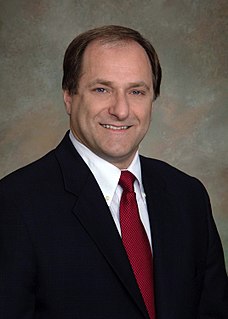A Quote by Alexander Pope
In every work regard the writer's end, Since none can compass more than they intend.
Related Quotes
The Christian will be sure to make enemies. It will be one of his objects to make none; but if doing what is right and believing what is true should cause him to lose every earthly friend, he will regard it as a small loss, since his great Friend in heaven will be even more friendly and will reveal Himself to him more graciously than ever.
As an undergraduate, I took two writing workshops taught by Elizabeth Hardwick. She was certainly a major influence, though more as a writer I greatly admired than as a teacher. As for other writers, I think it's safe to say that my work has been and continues to be influenced to one degree or another by every writer whose work I love and admire.
Writer-directors are a little bit more liberal, rather than having just the writer on the set, because I think sometimes the writer becomes too precious with the words. If you're a writer-director, you can see what you're doing and see your work in action, so I think you can correct it right there and still not compromise yourself.
I always have done work on mythic relations since I started writing. I really want to be a novelist, or at least a writer of imaginative work... I do try to make my critical studies imaginative and try to write them in ways that are more like literature than philosophy, but I have disappointed myself because I am still so wedded to criticism.
I have more self-doubt than any writer I've ever known.... The positive aspect of self-doubt - if you can channel it into useful activity instead of being paralyzed by it - is that by the time you reach the end of a novel, you know precisely why you made every decision in the narrative, the multiple purposes of every metaphor and image.
I always wanted to be a scientist. I don't really have any writer friends. The process of being a writer is much more interior than being a scientist, because science is so reactionary. I think that all research scientists think of themselves as belonging to a grand tradition, building on work that has been worked on since the very beginning of science itself. Whereas I'm not sure writers think of themselves in the same way.
What has actually to be said about the Cause of everything is this. Since it is the Cause of all beings, we should posit and ascribe to it all the affirmations we make in regard to beings, and, more appropriately, we should negate all these affirmations, since It surpasses all being. Now we should not conclude that the negations are simply the opposites of the affirmations, but rather that the cause of all is considerably prior to this, beyond privations, beyond every denial, beyond every assertion.






































